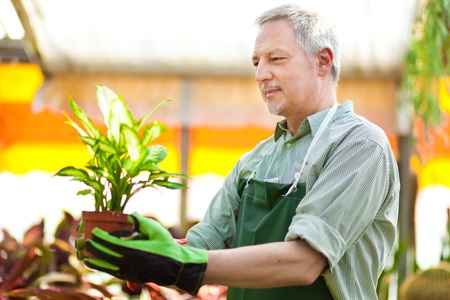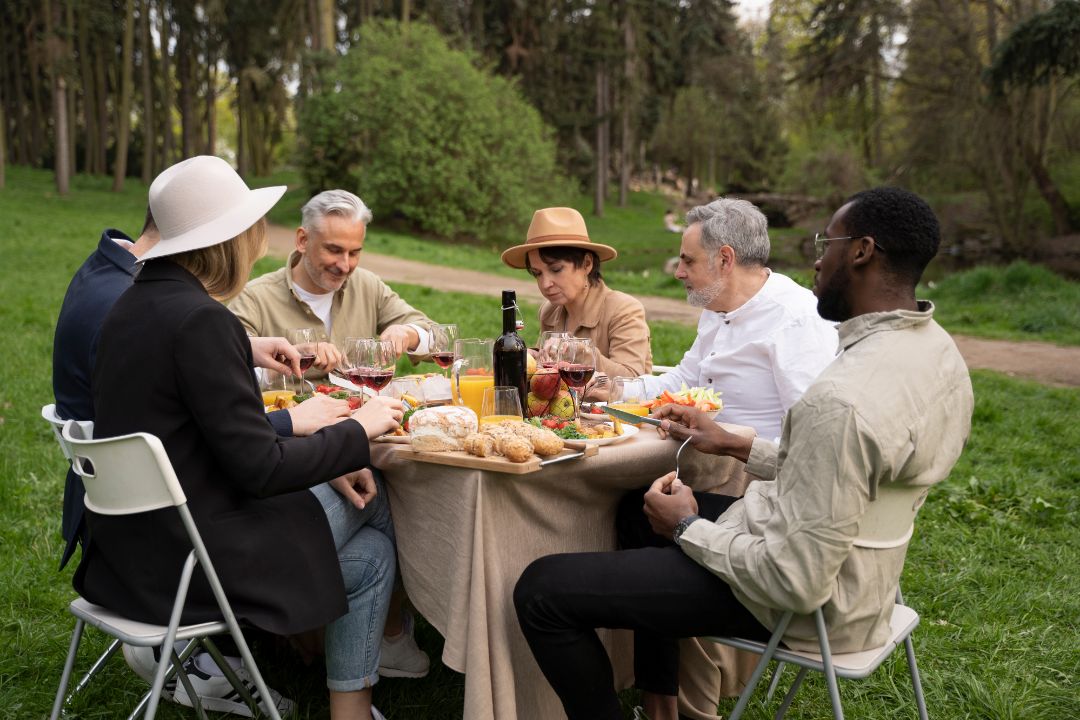Spring is right around the corner, and newness is everywhere from the heavily budded trees to the first buttery yellow daffodils emerging from hibernation. As we’ve existed on hardy winter produce, most of us are anxiously anticipating the arrival of ruby red strawberries, tender lettuces, and sweet peas. Local farms will be gearing up for their community-supported agriculture (CSA) season, with many retirement communities catching onto this idea by getting residents involved in growing gardens of their own. It’s no secret that the keys to longevity include fresh air and nutrient-dense foods, but it’s also the camaraderie that makes the farm-to-table movement a wonderful way to cultivate a close-knit community.
In Circleville, Ohio, the middle school turned apartment residence of Everts Hill, has brought community agriculture into its own backyard with a garden, and greenhouse that provides fresh, seasonal ingredients to its residents. Seniors will have access to the kitchen, and cafe that will serve as a catering business as well as give community members the chance for job opportunities.
Seniors are taking their green thumbs to the rooftop in Northlake, Illinois where the residents of Concord Place have hydroponic gardening down to a science. Producing a colorful variety of fruits and vegetables, this innovative form of growing edibles uses no soil, and less water, and plants grow up to 50% faster for more sustainable results. Perfect for anyone from beginners to novice gardeners, members of Concord Place are enjoying the benefits of their labor providing food for the community as well as sharing the harvest with local restaurants.
In an article published by the U.S National Library of Medicine National Institutes of Health, horticultural therapy shows evidence of improving the lives of aging adults by reducing stress, pain, and cognitive decline. Active adult communities are designed for whole-body health and incorporating gardens into their lifestyle amenities brings neighbors together to share ideas and get on board with eating locally. No community garden plot? No problem. Even a few patio planters or windowsill herb pots can provide the same satisfaction of reaping what you’ve sewn.




